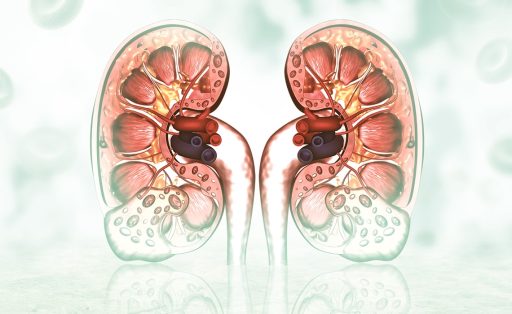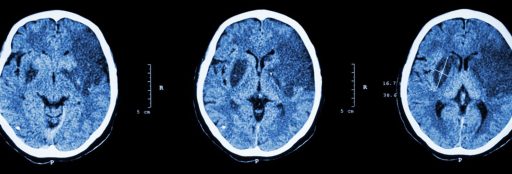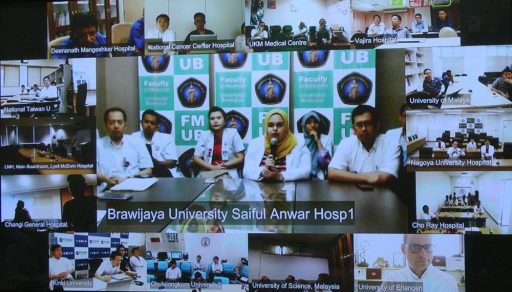How do you screen billions of drug compounds to find the right one? Connect a research team at the University of Alberta with a supercomputer 2,700 km away in Ontario using Canada’s high-speed national research and education network. Leveraging this powerful infrastructure, Dr. Michael Houghton and colleagues are speeding up the time it takes for life-saving drugs to be identified from months or years to weeks.
Research & Education networks go where their customers go. So, while research and education grows increasingly global, networks do the same. One recent example is the prestigious Swedish Karolinska Institute’s opening of its first hub outside Sweden, the Ming Wai Lau Centre for Reparative Medicine in Hong Kong.
Researchers collaborated across continents to advance our understanding of diabetic kidney disease and metabolic changes in pregnancy. High-speed networking plays a critical role connecting researchers and data in Australia to data, resources and colleagues located in Europe.
The sooner a person suffering a stroke receives medical attention, the better the outcome is likely to be. Scenario training using simulation technology is helping hospital staff respond to these types of emergencies more efficiently.
The Telemedicine University Network Rute in Brazil is considered the biggest initiative in telemedicine and telehealth in the world. Watch the interview with Rute’s coordinator, Luiz Ary Messina, and learn more about the reach and roadmap for this world-changing initiative.
Gastric cancer is the deadliest form of cancer in Asia. It accounts for the deaths of some 28 men and 13 women per 100,000. The Telemedicine Development Center of Asia has been building capacity to deliver valuable technical training for cancer specialists right across the region.
By using high-definition videoconferencing technology and advanced academic networks, more than 1,000 Mexican physicians were trained remotely in the latest endoscopy procedures during a single event in 2015.
Researchers at the Peter MacCallum Cancer Centre in Melbourne wanted to know why there were an increasing number of patients – about a third of them women – being diagnosed with certain types of lung cancer when none of them had smoked and their families had no history of cancer. They turned to big data analytics.
ARES (Advanced networking for the EU genomic Research) is implementing novel genome content distribution solutions to make large data sets accessible to healthcare practitioners for better patient care. Robust and bottleneck-free data networks are key to the success of this vital undertaking.










